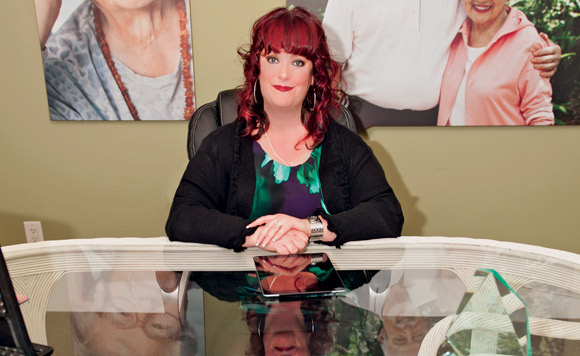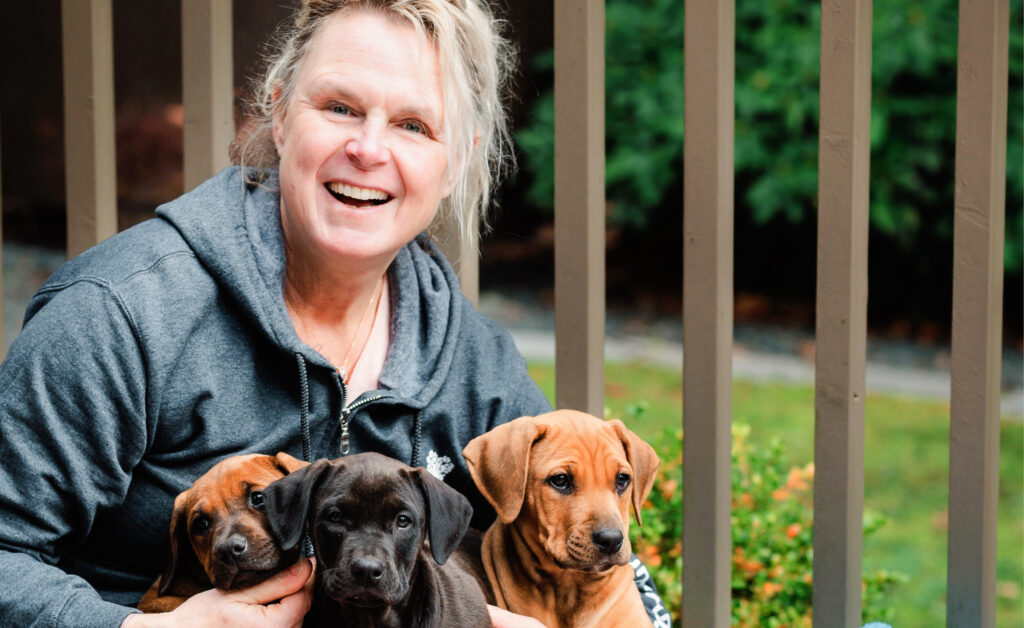by Shauna Dorko, Sidney SeniorCare –
You may think that seniors aren’t as concerned as the rest of us with environmental sustainability or their ecological footprint, or that they don’t have any influence with green issues.
Wrong. Seniors are more active and engaged in the issues that affect our world than ever before, and most have children and grandchildren to think about – future generations that will succeed them in life. Wikipedia even has a term for them – “Green Seniors” – referring to “elderly or retired people who have an active interest in environmental issues.”
Although demographics of the modern environmental movement tend to be slanted towards younger generations, it is often the seniors of today who founded organizations such as Greenpeace, Rainforest Alliance and People and Planet. In 2015, Forbes magazine dedicated an entire article to “Green Retirement Communities.” As interest in environmental sustainability is on the rise, some proactive retirement communities are offering residents a greener living experience, including green building construction, energy-efficient lighting, geothermal heating and cooling and community gardens. Even seniors are familiar with the term “walkability,” the new catch-phrase used by realtors, developers and building managers.
Most seniors have downsized to smaller homes, apartments or care facilities. They no longer own the gas- and energy-guzzling recreational “toys” that younger generations covet. If they want to have an even smaller ecological footprint, focusing daily on the traditional 3Rs still works: reduce, reuse and recycle.
As seniors tend to eat lighter than the rest of us, buying fewer perishables is key to eating greener. About a third of what we throw away and truck to landfills is spoiled food and food scraps.
Many seniors take medical prescriptions. Sometimes prescription drugs expire or go unused; to be disposed of in an environmentally friendly manner, they should be taken to a pharmacy for proper recycling.
Many seniors’ retirement or pension income comes from investments (RRSPs, RRIFs, etc.) with banks and mutual funds. These investments often finance ecologically devastating gold mines, oil drilling projects and dams. These days, there are many more banks and credit unions that offer environmentally responsible investment opportunities. Often branded as “ethical” rather than simply “green,” these options are becoming increasingly common as more and more Canadians are investing in socially responsible assets.
As the issues of over-population, climate change, and pollution of our natural resources continue, it’s imperative that all generations become actively engaged in finding solutions and being a part of that solution.
Written in collaboration with Sherrin Griffin. We welcome all comments, suggestions and ideas for future columns. Please email us at news@seasidemagazine.ca with “Seniors” in the subject line.




